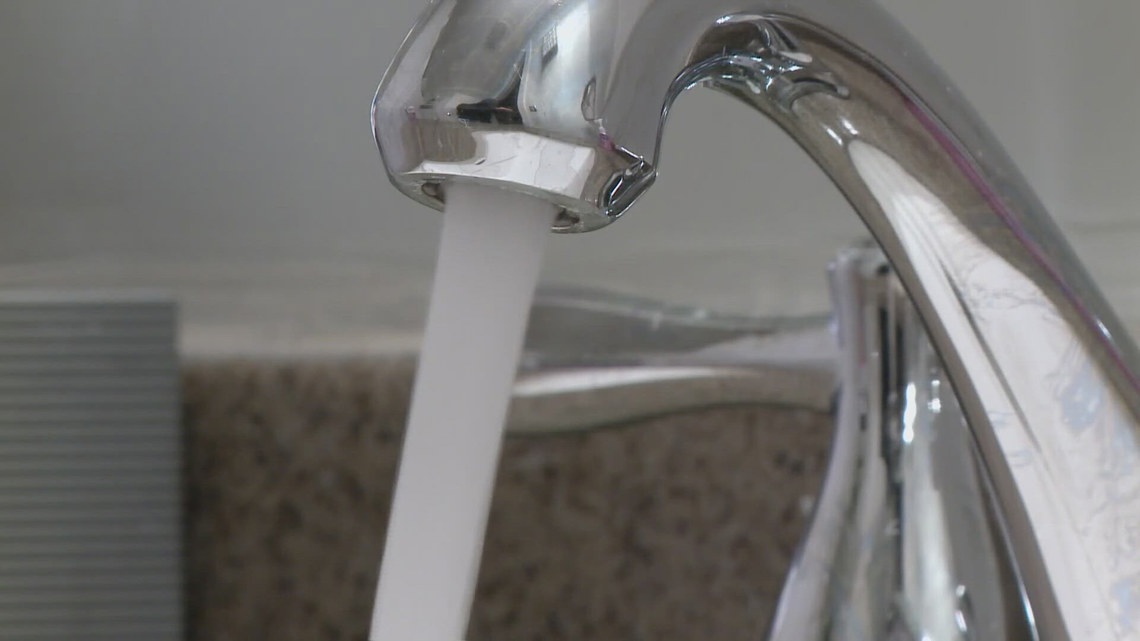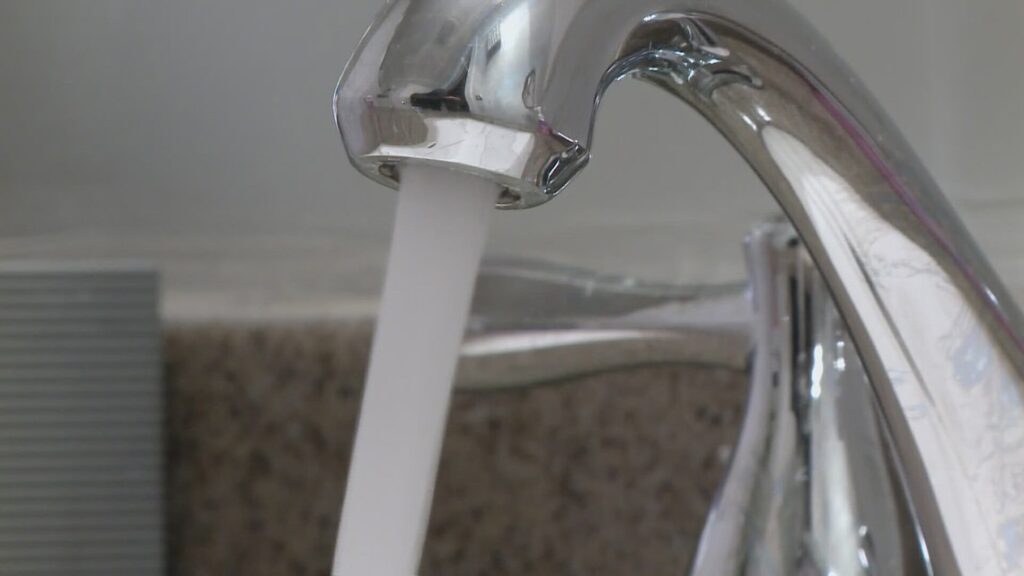
The EPA has revoked a Colorado Department of Public Health and Environment lab certification after an investigation revealed data problems with a chemist.
DENVER — The EPA has revoked a testing certification for the Colorado Department of Public Health and Environment’s (CDPHE) water quality lab, after an investigation found a chemist intentionally disregarded protocol in a method that tests for traces of metals, 9NEWS Investigates has learned.
The investigation into the chemist’s actions began in February, according to the state health department, but wasn’t made public until 9NEWS Investigates started asking questions about it last week. State health officials said the data problems may impact as many as 3% of the state’s 2,000 public water systems.
“As of today, it is EPA’s understanding that 69 regulated water systems have been impacted and roughly 20 of those water systems will need to resample to confirm that their water is still meeting federal standards because those specific systems did not have enough additional data to verify that they were still in compliance,” EPA Region 8 spokeswoman Taylor Gillespie said in a statement to 9NEWS Investigates.
List of impacted water systems below:
Some of the impacted water systems were notified in mid-August, and others got a letter from the state in late October.
A spokeswoman for CDPHE said there is no evidence of acute public health risks, and the state health department is in the process of notifying public water systems that were impacted and recalling data.
“What this means is that we don’t have complete information about past drinking water quality for some regulated drinking water systems in Colorado,” Gillespie said.
The timeline of lapses
According to the health department, in February, a managing chemist discovered anomalies in test results relating to one water quality method, method 200.7, which tests for metals and trace elements of barium, copper and chromium in drinking water. When the anomalies were discovered, the acting chemist was removed from all laboratory testing and the department launched an investigation, according to Hope Shuler, interim communications director for the department.
But CDPHE had not notified the EPA of the lapse until early April, according to a letter from the EPA to the state health department revoking CDPHE’s certification to test for that method. The letter from mid-April also noted that CDPHE did not have a timeline to determine the scope of the investigation or a communication plan to let the impacted water systems know about the issues with the testing data.
A September letter from the EPA to CDPHE, also obtained by 9NEWS Investigates, noted that CDPHE found problems in testing data dating back five years and said the laboratory initially noticed problems with quality control back in June of 2022 but never notified the lab’s director or the EPA and no corrective action was taken back then either.
“While these quality control issues are serious and underscore the importance of maintaining rigorous quality standards, it’s important to note that this revocation means that there is a gap in the data that the State relies on to verify that drinking water is in compliance,” Gillespie, the EPA Region 8 spokeswoman said. “It does not indicate that there is a current or past problem with drinking water but rather that there is unusable data that cannot confirm that the water quality is meeting federal standards, and those specific systems will need to resample. “
A trust problem
Marc Edwards, a civil engineering professor from Virginia Tech who helped uncover a water crisis in Flint, Mich., analyzed the documents obtained by 9NEWS Investigates.
He agreed that the lapse in testing quality doesn’t necessarily mean something is or was wrong with drinking water.
“The issue is that the high-quality analyses that people paid for weren’t done according to EPA standards, and it casts the conclusions in doubt,” Edwards told 9NEWS Investigates. “One of the tragedies here is we really don’t know. Did the people submit those samples get told their water was safe when it wasn’t, in which case it could cause an acute health risk? Or maybe these errors are inconsequential.”
Edwards said it is going to take a long time to sort through the errors and determine if anything was wrong.
“I think in general, you can trust the safety of your water and the competence and the data generated by government labs,” he said. “But every now and then something like this happens, and it’s just annoying, because you’ve paid your fees and or tax money, and there are other problems in the world that you’d probably like to be dealing with rather than worrying about something like this.”
The EPA revoked CDPHE’s certification for three other water testing methods in August, citing the same problems with the chemist’s data practices. Shuler, CDPHE’s spokeswoman, contented the action was prematurely done before a third-party audit was complete.
“CDPHE has no current information that demonstrates similar intentional disregard of protocols with the other revoked methods,” Shuler said in a statement to 9NEWS. “We have appealed this decision to the EPA, as we wait for third-party data analysis results.
Shuler also said, “Federal and state regulations do not require water systems to notify their customers unless they receive a violation or there is an acute public health risk.”
Steve Staeger is 9NEWS’ Consumer Investigator. 9NEWS Investigates producer Aaron Adelson contributed to this report.









More Stories
Shooting involving Littleton officers sends 1 to hospital
Carrot recall following an E. coli outbreak
Here’s when WWE’s star-studded ‘Monday Night Raw’ will premiere on Netflix